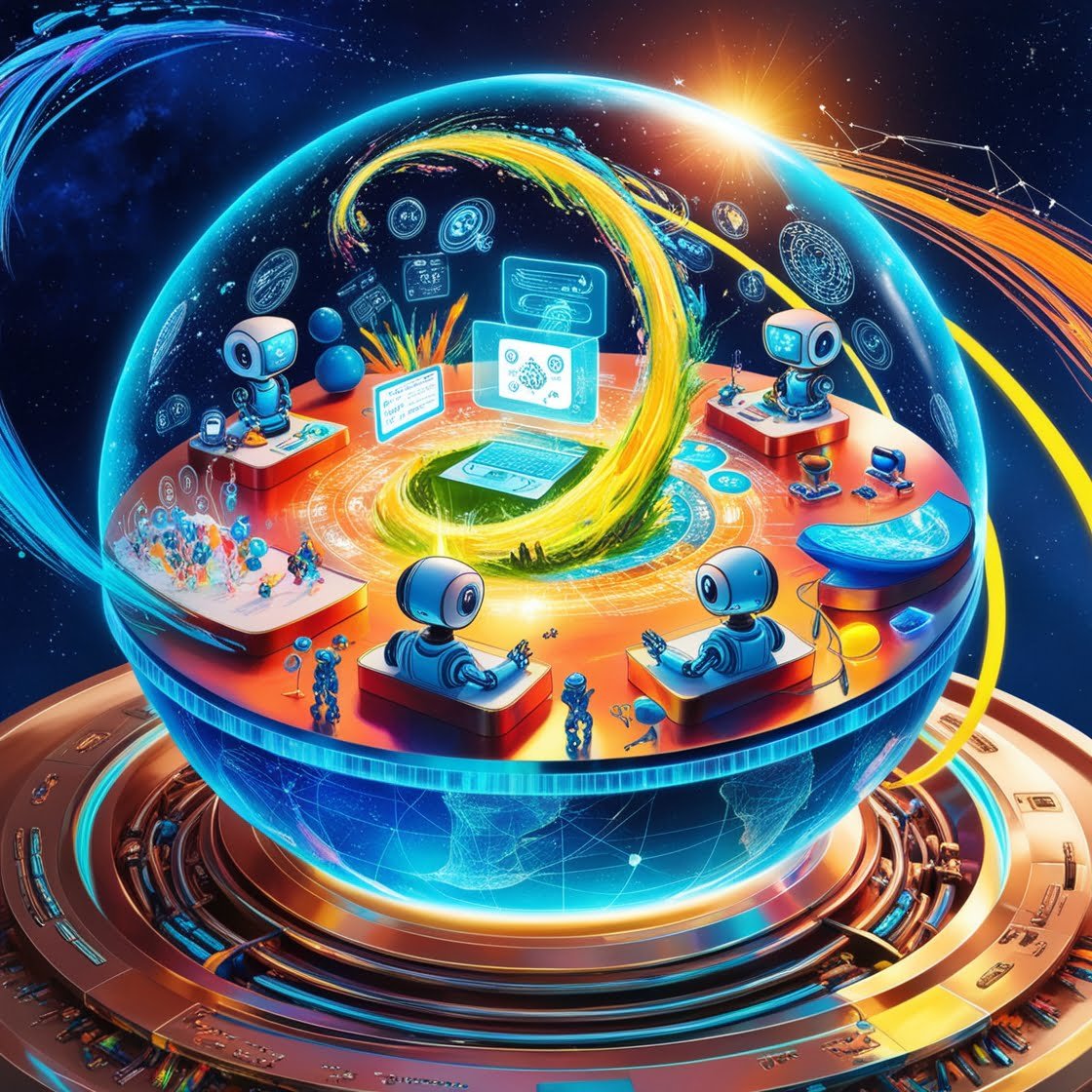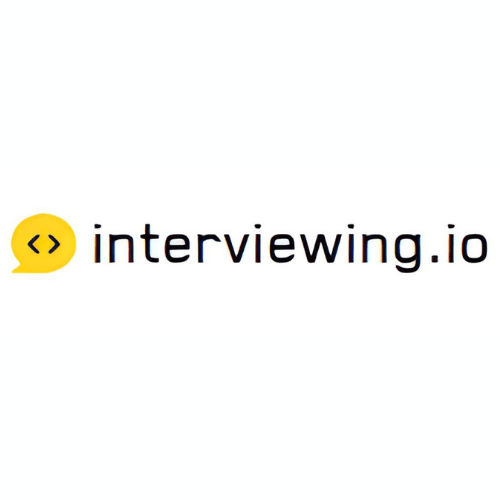Former Google CEO Eric Schmidt recently pointed out that Google’s remote work policy may be stifling its AI development, giving rivals like OpenAI a competitive edge. He argued that flexible work arrangements have led to decreased performance and innovation. However, after facing backlash from employees and the tech community, Schmidt issued an apology.
Highlights
- Criticism of Remote Work: Schmidt criticized remote work, linking it to Google’s lag in AI development.
- Competitor Edge: He noted that companies like OpenAI benefit from more traditional work environments.
- Issued Apology: Following backlash, Schmidt retracted his comments on remote work.
- Advice to Students: He controversially suggested that students should “borrow” successful ideas from competitors.
- Workplace Dynamics: He emphasized the importance of a strong in-office culture for driving innovation.
- Employee Frustration: Google employees expressed dissatisfaction with his remarks.
- Broader Debate: Schmidt’s comments ignited discussions on the balance between work-life and productivity.
Key Insights
- Impact of Remote Work on Innovation: Schmidt’s remarks underscore concerns in the tech industry about remote work’s potential to stifle creativity and collaboration, essential for innovation in fast-paced environments. 🏢
- Cultural Shift in Tech Companies: The debate highlights a shift towards flexible work in tech, raising questions about its effect on overall performance and competitiveness. 📈
- Backlash Against Leadership: Schmidt’s initial comments and subsequent apology reveal the delicate nature of workplace policies and the potential backlash leaders face when their views clash with employee sentiments on work flexibility. ⚖️
- Learning from Competitors: His advice to “borrow” ideas from competitors may resonate with Silicon Valley’s competitive spirit but raises ethical concerns about intellectual property and innovation integrity. 🔍
- Navigating Work-Life Balance: The conversation around remote work policies emphasizes the ongoing challenge of balancing employee well-being with operational efficiency and competitive edge. ⚖️
- Leadership’s Role in Shaping Culture: Schmidt’s reflections highlight the critical role of leadership in shaping company culture, especially in navigating changes in work environments and employee expectations. 🎯
- Long-term Strategy vs. Short-term Gains: This scenario illustrates the tension between immediate productivity gains from flexible work and the long-term strategy of sustaining a competitive edge through in-person collaboration. ⏳
The Shift Towards Remote Work
Historical Context of Remote Work
The COVID-19 pandemic accelerated the shift to remote work across many sectors, fundamentally changing business operations. This transition has brought numerous benefits, including greater flexibility, lower operational costs, and access to a broader talent pool.
Eric Schmidt’s Perspective on Remote Work
As a leading voice in tech, Eric Schmidt has expressed concerns about remote work’s long-term effects. He recently highlighted that while remote work offers advantages, it may also impede collaboration and innovation. Schmidt suggests that the lack of in-person interaction can reduce spontaneous brainstorming and creative problem-solving.
The Impact on AI Innovation
Google’s Position in the AI Landscape
Google has long been a leader in AI research and development. However, Schmidt argues that the company’s edge has been challenged by AI startups like OpenAI and Anthropic, attributing this to remote work, which he believes has slowed Google’s pace of innovation.
The Importance of Collaboration in AI Development
AI innovation thrives on collaboration, requiring diverse teams to work together seamlessly. Schmidt emphasizes that traditional office environments encourage spontaneous interactions and idea exchanges, which are crucial for driving innovation. In contrast, remote work can create silos, limiting cross-functional collaboration and hindering the creative process.
Balancing Remote Work and Innovation
Finding the Right Approach
To overcome the challenges of remote work, Schmidt advocates for a balanced approach. He suggests companies should consider hybrid models that combine the benefits of remote work with the advantages of in-person collaboration. This allows employees to enjoy flexibility while maintaining opportunities for face-to-face interactions that can spark creativity.
Emphasizing Work-Life Balance
While Schmidt acknowledges the importance of productivity, he also stresses the need for work-life balance. Employees should feel empowered to take breaks and recharge to maintain their creativity and motivation. Striking a balance between remote work flexibility and the need for collaboration is crucial for fostering a culture of innovation.
The Future of AI in a Remote Work Era
Adapting to New Trends
As the tech industry evolves, companies must adapt their strategies to thrive in a remote work era. This includes investing in collaborative tools and technologies that facilitate communication and teamwork among remote employees. By leveraging technology effectively, organizations can bridge the gap created by physical distance.
The Role of Leadership
Leadership is crucial in shaping the future of work. Schmidt emphasizes the importance of leaders who can inspire and motivate their teams, regardless of physical location. Leaders must foster a culture of innovation by encouraging open communication, collaboration, and a willingness to experiment with new ideas.
Conclusion
Eric Schmidt’s insights on remote work and its impact on AI innovation highlight the challenges and opportunities facing tech companies today. As organizations navigate this new landscape, finding a balance between remote work flexibility and the need for collaboration will be essential for driving innovation. By embracing a hybrid work model and fostering a culture of creativity, companies can position themselves for success in the ever-evolving world of artificial intelligence.















